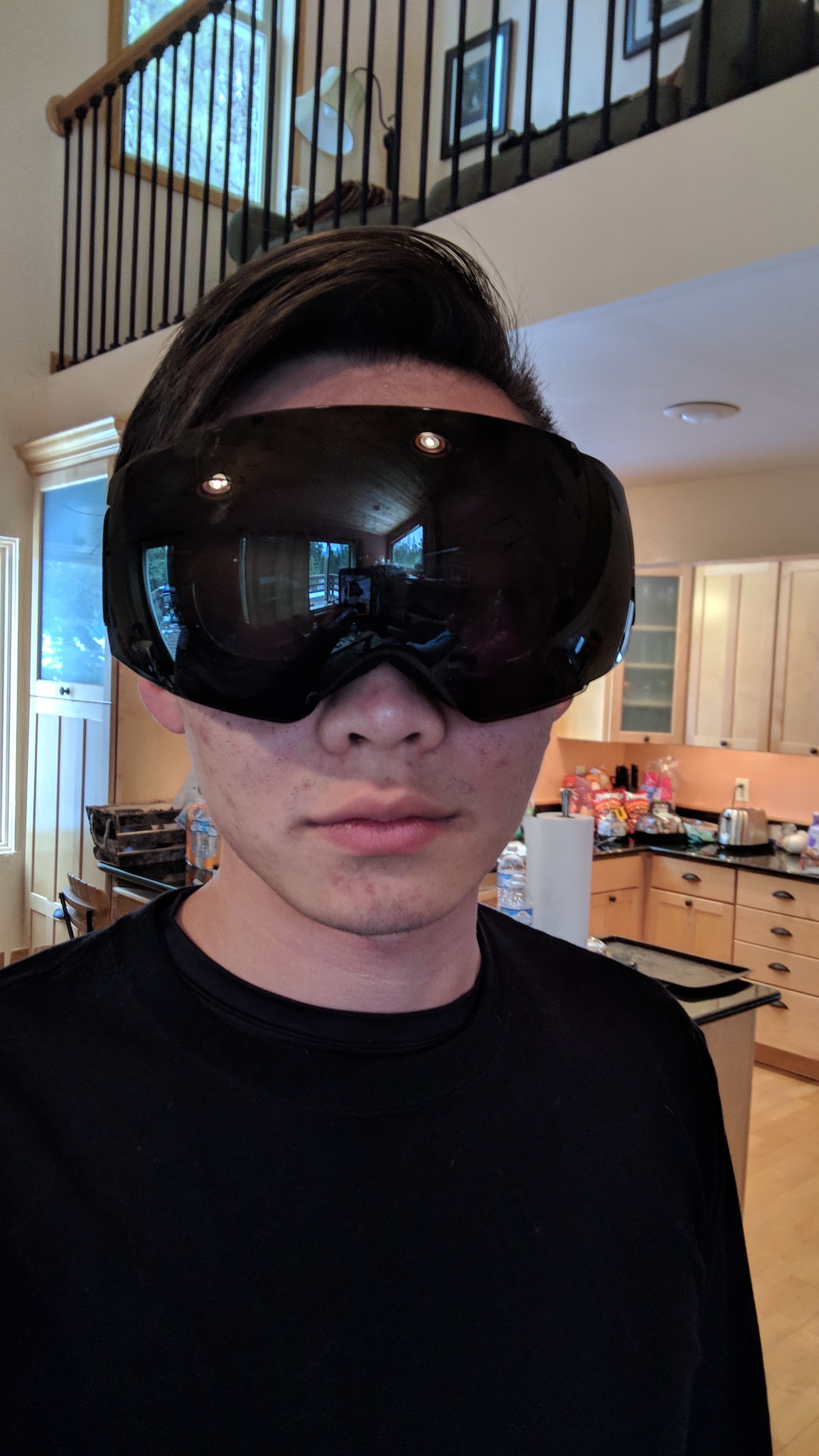Building Referrals

Denny Luong
—Apr 16, 2023
.png)
Creating an Engaging Referral Program for Your Business
Referral programs can be a cost-effective and efficient way to grow your customer base. However, building an effective referral program that caters to your customers' needs can be challenging. In this case study, we'll discuss how we helped our client, Pokii Eatery, build a custom referral program that accommodated two types of respondents: existing customers and new customers.
The Challenge
When we started building Pokii Eatery's referral program, we knew we had to cater to two types of customers: those who are already familiar with the restaurant, and those who are not. We needed a referral program to incentivize both customer groups to refer their friends.
To accomplish this, we tried several different tools, including a chatbot, Typeform, and Google Forms. However, we found these tools to be limiting in several ways. The chatbot only worked for users who had Facebook Messenger, while Typeform required us to pay for a premium account to get more than 10 responses per month. Google Forms lacked a unique number generator, which is essential for our referral program.
The Solution
After testing several tools, we found JotForm, a powerful platform for creating custom forms and surveys. JotForm allowed us to create a referral program that catered to both types of customers and was accessible on any device.
One of the key features that drew us to JotForm was its unique number generator. Instead of requiring users to input their friend's email address, we configured the number generator to generate unique referral codes that users could send to their friends. This made it easier for users to share the referral program and increased the likelihood of referrals.
WithJotForm’s unique number generator, we created a referral program tailored to Pokii Eatery's customers with loyalty accounts. This referral program also catered to new customers unfamiliar with the restaurant.
Preventing duplicate submissions was also crucial for us. JotForm made it easy to prevent duplicate submissions by enabling us to set up rules to reject submissions with duplicate data that could skew our results.
Finally, we wanted to make the referral program as user-friendly as possible. Instead of requiring users to input their friend's email addresses, we configured JotForm to generate unique referral codes that users could share with their friends via any communication method.
Future Improvements
With JotForm, we are able to track how many referrals each person has made, and we hope to introduce rewards for hitting certain referral milestones. We plan to improve Pokii's email marketing segments by targeting different demographics and creating special campaigns for specific customer groups. For example, we might create a first responder special campaign to attract healthcare workers and first responders. We may also create campaigns that target customers who typically come in for lunch or at the end of the day. By tailoring campaigns to specific groups of customers, we can make the referral program even more effective and encourage more referrals.
Conclusion
Building a custom referral program that caters to your customers' needs can be challenging, but with the right tools, it can be done. In our case study, we showed how we helped our client, Pokii Eatery, build a referral program that incentivized existing and new customers to refer their friends. By tailoring the referral program to these two types of customers, we were able to make the program more relevant and engaging for each group. Additionally, by using JotForm, we created a referral program that was easy to use, accessible on any device, and prevented duplicate submissions.
If you're looking to build a referral program for your business, we recommend taking the time to understand your customers' needs and using a tool like JotForm to create a custom program that drives new business and encourages customer loyalty.
P.S. I'm also in the planning process of building our own referral tool. Stay tuned for more information or email me (denny@mackenocreative.com) to give me ideas on how to build our software to help your business.